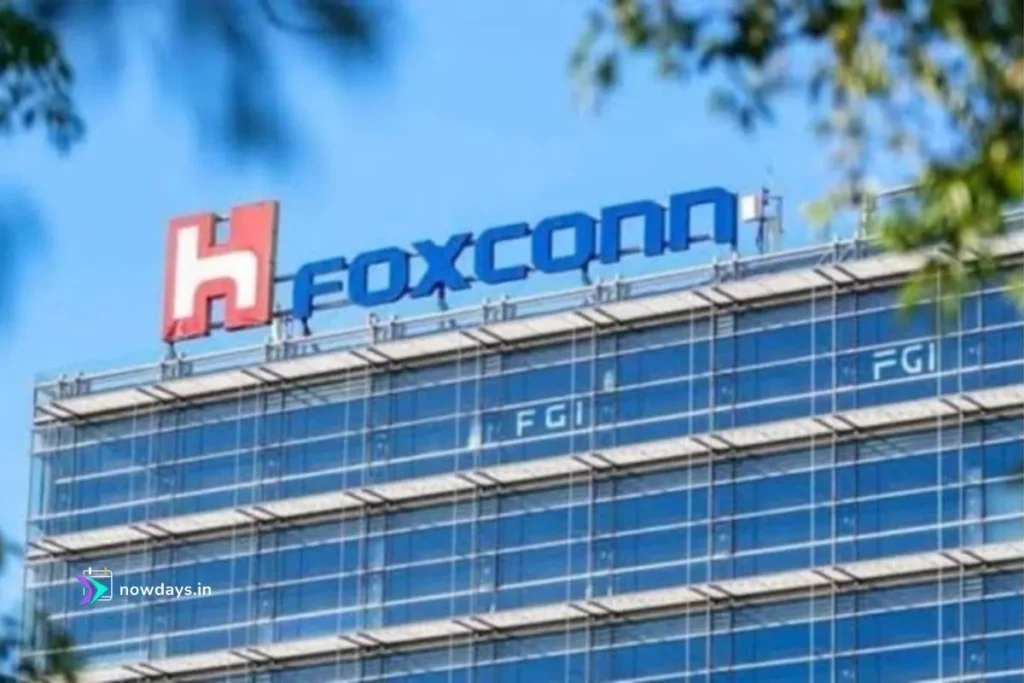In a landmark development for India’s electronics sector, Taiwanese manufacturing powerhouse Foxconn has kicked off assembly of Apple’s upcoming iPhone 17 models at its newly established facility in Bengaluru, marking a pivotal step in diversifying the tech behemoth’s production away from China. This move not only ramps up local output but also cements India’s growing prominence in Apple’s worldwide operations, amid escalating global trade tensions and a push for supply chain resilience.
Foxconn’s Bengaluru Facility Springs into Action
Located in Devanahalli near Bengaluru, the state-of-the-art plant represents a $2.8 billion investment by Foxconn, positioning it as the company’s second-largest iPhone manufacturing hub outside China. Sources indicate that small-scale production of the iPhone 17 commenced recently, complementing ongoing efforts at Foxconn’s established Chennai unit in Tamil Nadu. This dual-site approach aims to scale up volumes ahead of the device’s anticipated global launch in September 2025.

The Bengaluru operation faced initial hurdles, including a temporary disruption when key Chinese engineers departed abruptly, but Foxconn swiftly addressed the gap by recruiting specialists from Taiwan and other regions. Apple, which has been steadily increasing its footprint in India, is targeting a production surge to 60 million units this year—up from 35-40 million in the previous fiscal—underscoring the facility’s strategic importance.
Union Electronics and IT Minister Ashwini Vaishnaw recently met with Samsung executives, highlighting similar expansions, but Apple’s partnership with Foxconn stands out for its scale. The plant is expected to focus on premium models like the iPhone 17 Pro, leveraging India’s skilled workforce and government incentives under the Production Linked Incentive (PLI) scheme.
Apple’s Broader Strategy: Diversifying Beyond China
This production start aligns with Apple’s “China Plus One” playbook, driven by US tariffs on Chinese goods—now at 25% under recent policies—and supply chain vulnerabilities exposed by the pandemic. CEO Tim Cook, during a July 2025 earnings call, revealed that a majority of iPhones sold in the US during the June quarter were assembled in India, a shift from China’s dominance where over 80% of units were once made.
Tata Electronics, another key partner, has acquired stakes in Pegatron’s Tamil Nadu operations, further bolstering capacity. Analysts estimate India’s iPhone output value could hit $27 billion by fiscal year-end, contributing 17-18% of global volume. This diversification not only mitigates risks but also taps into India’s vast consumer market, where Apple holds a 7.5% smartphone share.
Expert Opinions: A Game-Changer for India’s Tech Ambitions
Industry watchers hail this as a transformative moment. In a CNBC-TV18 interview, tech analyst Navkendar Singh from IDC stated, “Foxconn’s Bengaluru ramp-up could make India Apple’s second-largest production base by 2026, creating thousands of jobs and boosting exports.” He noted that local manufacturing might reduce prices by 5-10% for Indian consumers, countering global chip shortages.
YouTube channels analyzing supply chains, with videos exceeding a million views, emphasize the economic ripple effects. One expert commented, “This isn’t just about iPhones—it’s building an ecosystem for components, potentially attracting more firms and elevating India’s role from assembly to innovation.”
Economists from think tanks like ORF highlight job creation: The sector already employs over 150,000 in Apple-related roles, with Bengaluru’s facility poised to add thousands more. However, challenges remain, including infrastructure gaps and skilled labor shortages, as per a Reuters report on Apple’s India pivot.
Key Points: Milestones and Projections
- Investment and Scale: $2.8 billion facility in Devanahalli, second-largest outside China, focusing on iPhone 17 alongside Chennai.
- Production Goals: Apple targets 60 million units in India this year, up 50% from last fiscal, with exports worth $22 billion in 2024-25.
- Global Shift: Majority of US-sold iPhones now from India, reducing China reliance amid tariffs.
- Partnerships: Involves Foxconn, Tata Electronics (acquiring Pegatron stakes), and Pegatron for diversified output.
Analyzing the Shift: Opportunities and Challenges for India
This expansion fortifies India’s position in Apple’s ecosystem, potentially contributing 15-20% of global iPhone production by 2026, per S&P Global estimates. Economically, it aligns with Make in India, driving $14 billion in FY24 iPhone value and creating high-skill jobs in states like Karnataka and Tamil Nadu.
Yet, experts warn of hurdles. A Financial Times analysis notes that while labor costs are 50% lower than China, policy instability and logistics bottlenecks could slow growth. YouTube breakdowns highlight competition from Vietnam, but India’s market size—900 million smartphone users—gives it an edge.
Geopolitically, US tariffs on Chinese goods accelerate this trend, but domestic challenges like power supply and talent retention persist. Overall, Foxconn’s Bengaluru launch signals India’s ascent in global tech manufacturing, promising economic gains if supported by robust infrastructure and policies. As iPhone 17 rolls off lines, it could herald a new era for “Made in India” innovation.









2 thoughts on “Apple iPhone 17 Production Kicks Off at Foxconn Bengaluru Plant”